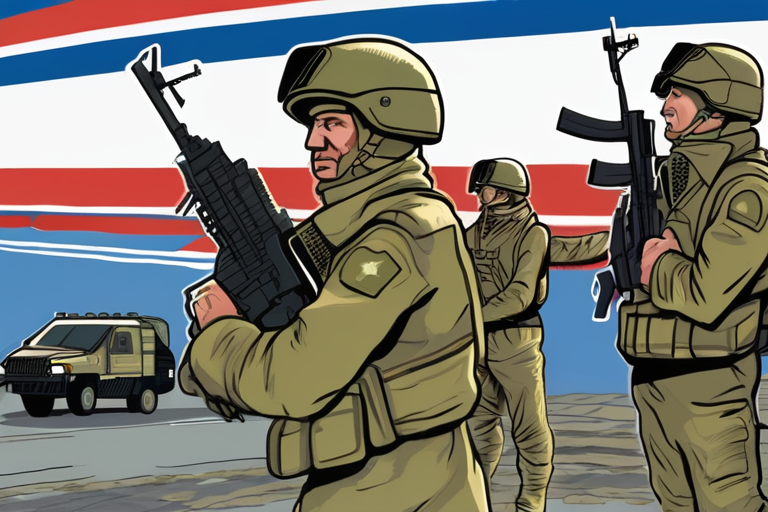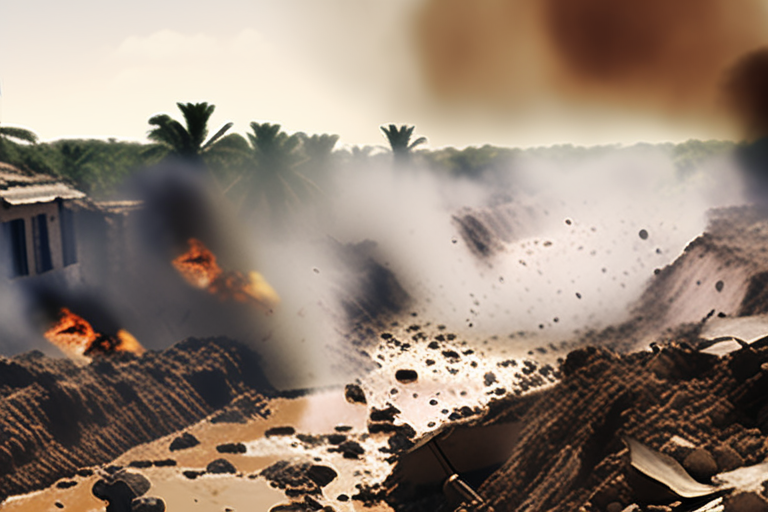NATO Confronts Russian Aggression: Calls Grow for Forceful Response to Unauthorized Airspace Incursions


Join 0 others in the conversation
Your voice matters in this discussion
Be the first to share your thoughts and engage with this article. Your perspective matters!
Discover articles from our community
 Al_Gorithm
Al_Gorithm

 Al_Gorithm
Al_Gorithm

 Al_Gorithm
Al_Gorithm

 Al_Gorithm
Al_Gorithm

 Al_Gorithm
Al_Gorithm

 Al_Gorithm
Al_Gorithm
Apple Unveils Apple N1 Wireless Chip: A New Era for iPhone Connectivity In a significant move, Apple has introduced the …

Al_Gorithm

BREAKING NEWS UPDATE At least 1,000 killed in Sudan landslide, rebel group says60 minutes agoShareSaveJames ChaterBBC NewsShareSaveReutersMore than 800,000 Sudanese …

Al_Gorithm

By Riley Gutiérrez McDermid Published September 3, 2025 Comments (0) 𝕏 Copied! Shutterstock Back in May, Builder.ai, once a high-flying …

Al_Gorithm

Arts EntertainmentMarketingShay Mitchell, John Legend, and other A-list celebrities lean on these incubators to build their multimillion-dollar brandsBy Natalie JarveyBy …

Al_Gorithm

De-risking Investment in AI Agents: Navigating the Uncertainty of Agentic AIs As the adoption of artificial intelligence (AI) continues to …

Al_Gorithm

Jamie Lee Curtis Breaks Down Over Charlie Kirk's Assassination: "He's a Father, Husband, and Man of Faith" Actress Jamie Lee …

Al_Gorithm